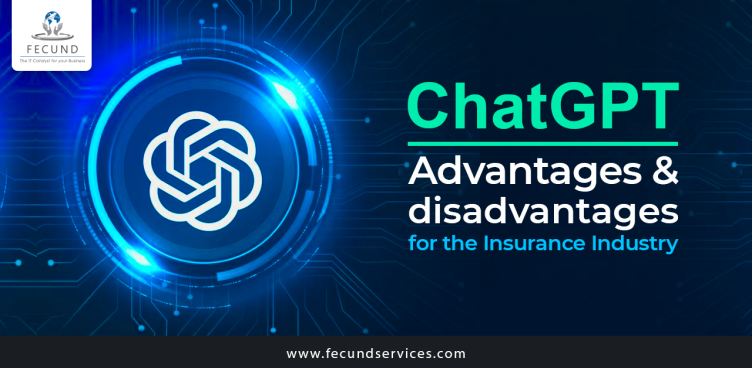
What is ChatGPT
ChatGPT is an AI-powered language model developed by OpenAI and launched in November 2022. It is one of the largest and most powerful language models in the world, with over 1.6 billion parameters. ChatGPT is based on transformer architecture, which enables it to process and understand natural language text. It has been trained on a massive dataset of text from the internet, which includes books, articles, and websites, among other sources.
As a language model, ChatGPT can generate text that is similar to human-written text, and it can also understand and respond to natural language queries. It has a broad range of applications, including language translation, chatbots, and question-answering systems.
In short, ChatGPT is an AI-powered language model that can understand, generate, and respond to natural language text. It is a powerful tool for a wide range of applications that involve natural language processing.
What are the advantages and disadvantages of ChatGPT for the insurance industry?
ChatGPT is generating a lot of interest among insurers and Insurtechs due to its capabilities in natural language processing (NLP) and machine learning. ChatGPT can offer several benefits for the insurance industry, but it also has some potential drawbacks. Here are some benefits and drawbacks of using ChatGPT in the insurance industry
Advantages:
1) Improved Customer Service
ChatGPT can provide 24/7 customer support and assist customers with their queries and concerns. This can help reduce the workload of customer service representatives while also improving customer satisfaction.
2) Personalized Offerings
ChatGPT can analyze customer data to identify their preferences and needs and offer personalized insurance offerings that better meet their needs. This can help improve customer retention and loyalty.
3) Faster Claims Processing
ChatGPT can automate the claims processing process and help reduce the time required for claim settlement. This can help improve customer satisfaction and reduce the workload of claims adjusters.
4) Risk Assessment
ChatGPT can analyze vast amounts of data to identify potential risks and opportunities, which can help insurance companies make more informed decisions.
5) Cost Savings
ChatGPT can automate various processes, such as claims processing and underwriting, which can help reduce costs and improve profitability.
Disadvantages:
1) Lack of Human Interaction
While ChatGPT can provide assistance and support to customers, it lacks the empathy and emotional intelligence of a human customer service representative. This may result in a less satisfactory customer experience.
2) Data Privacy Concerns
ChatGPT requires access to customer data to analyze and generate personalized offerings, which may raise concerns over data privacy and security.
3) Accuracy Issues
While ChatGPT is highly accurate, it may sometimes generate responses that are not relevant or accurate to the customer’s query. This can lead to confusion and frustration for the customer.
Overall, ChatGPT has the potential to provide significant benefits to the insurance industry, but it is important to consider the potential drawbacks and limitations before implementing it in a business context. ChatGPT has the possibility of revolutionizing many aspects of the insurance industry, from customer service to claims processing and underwriting. ChatGPT capabilities will become increasingly valuable as AI and machine learning progress, and it is likely to play a significant role in the future of the insurance industry.
 Author Bio: Abhishek Peter is an Assistant Manager in Digital Marketing at FECUND Software Services. With a Master’s degree in Marketing and various certifications in the field, he is highly skilled and passionate about solving complex problems through innovative solutions. Abhishek is an avid reader and loves to explore new technologies. He shares his expertise through his blog, which provides insights into the world of marketing. LinkedIn Profile
Author Bio: Abhishek Peter is an Assistant Manager in Digital Marketing at FECUND Software Services. With a Master’s degree in Marketing and various certifications in the field, he is highly skilled and passionate about solving complex problems through innovative solutions. Abhishek is an avid reader and loves to explore new technologies. He shares his expertise through his blog, which provides insights into the world of marketing. LinkedIn Profile




Post a comment